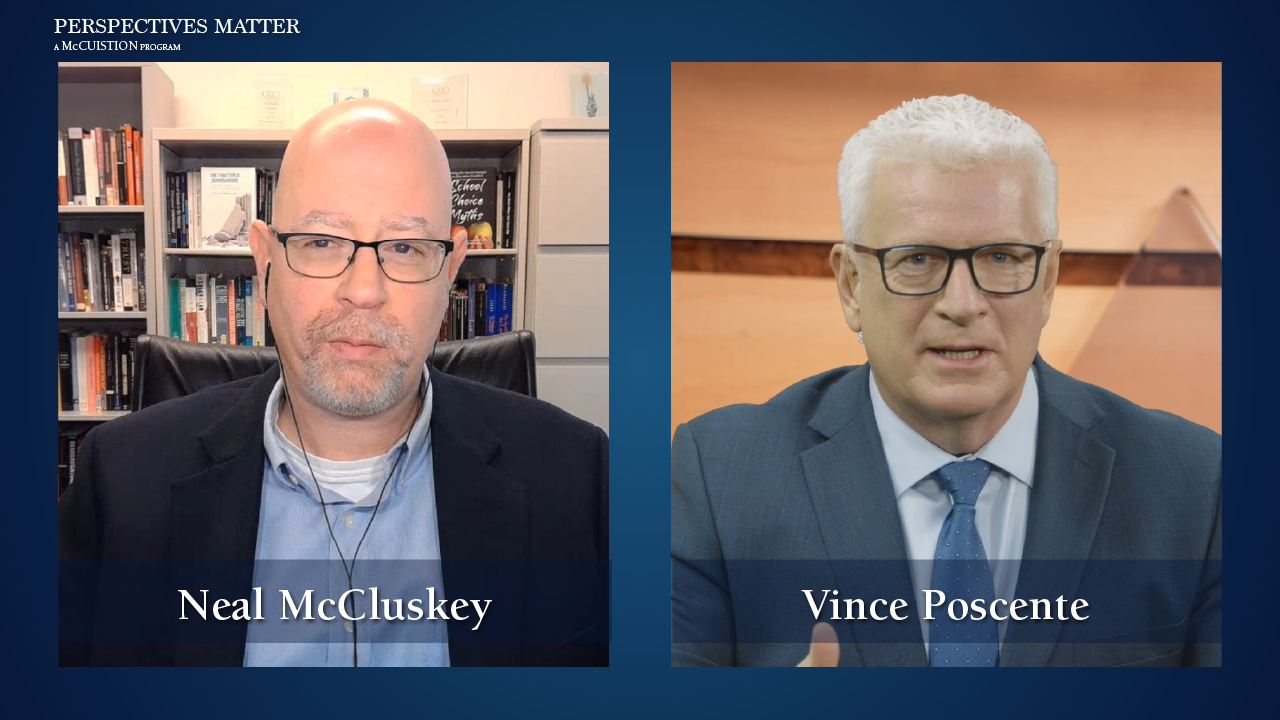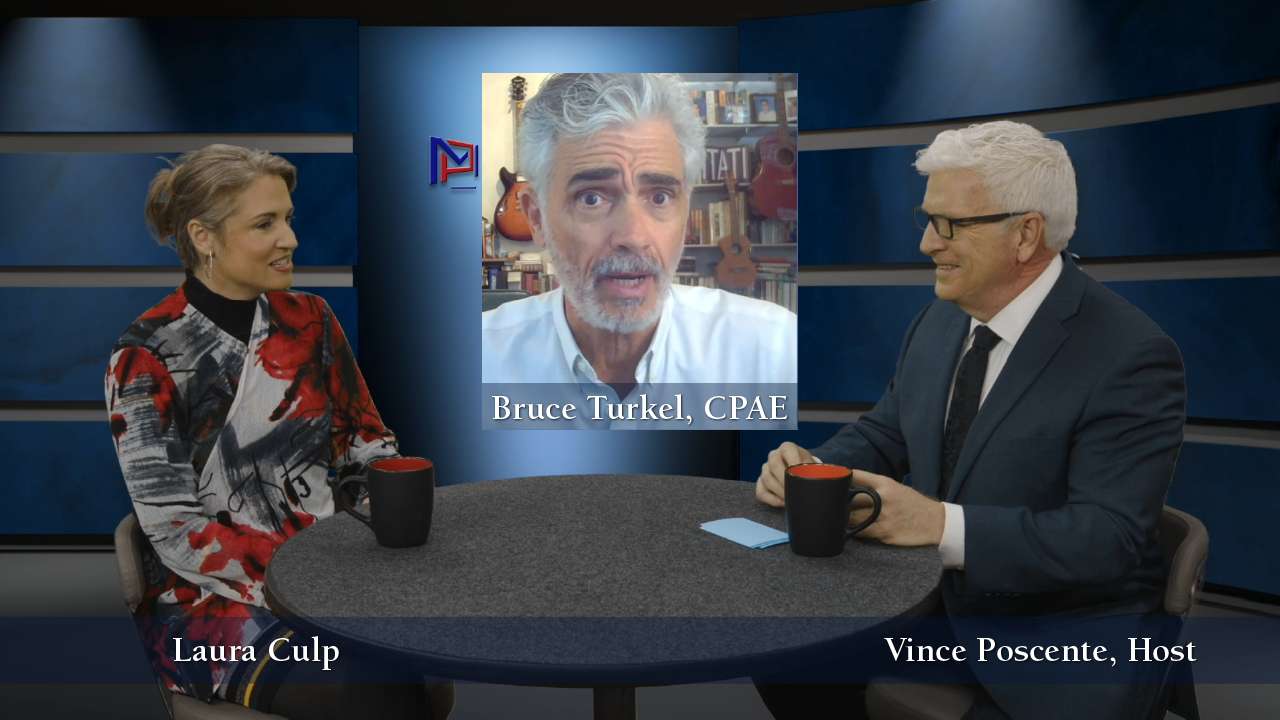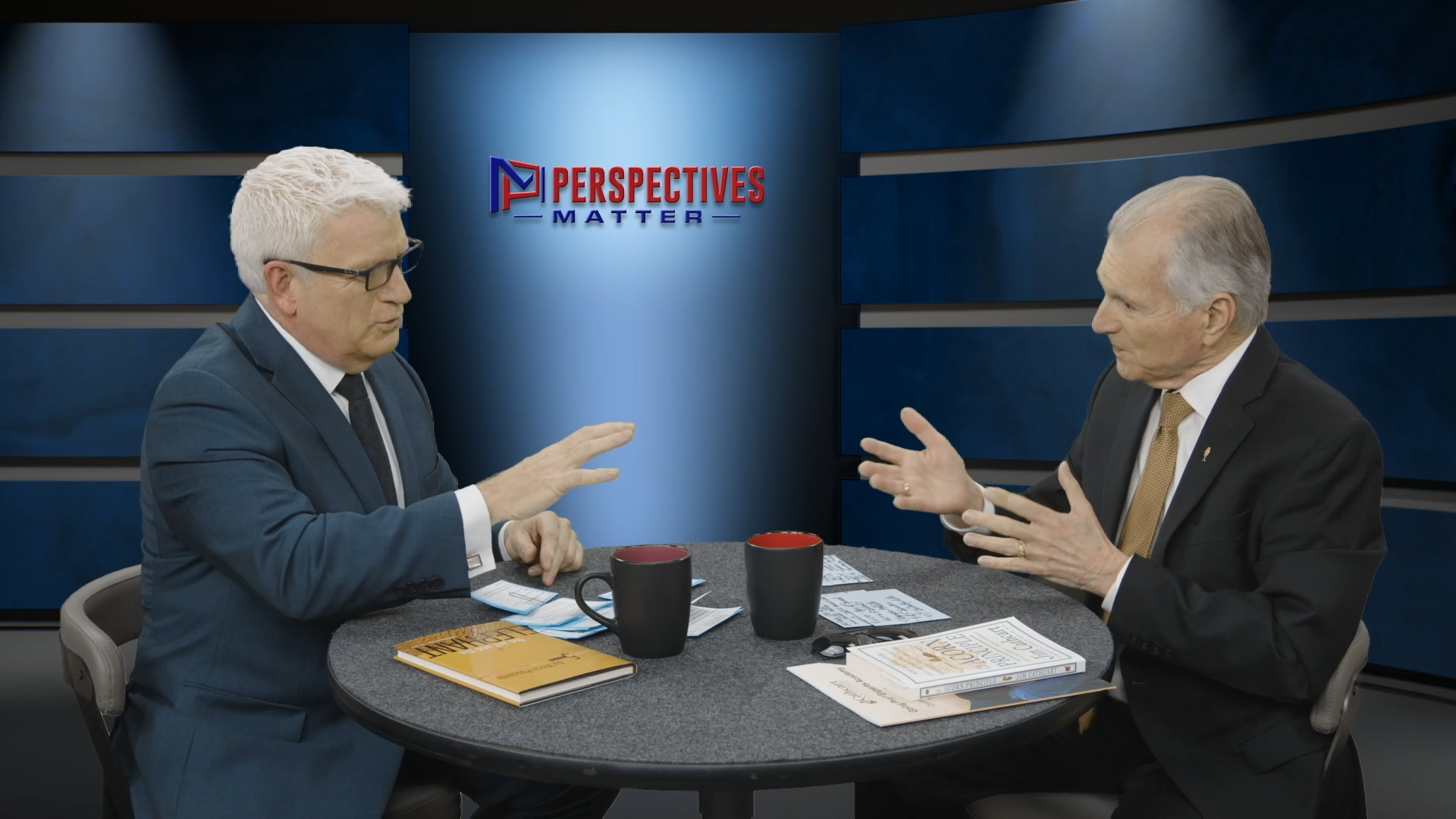- Darwin Payne, PhD: Professor Emeritus of Communication, Southern Methodist University
- Dennis Simon, PhD: Altshuler Distinguished Teaching Professor, Southern Methodist University
The political climate leading up to President Kennedy’s assassination was volatile. President Kennedy had been an outside challenger to the party establishment. However, he convinced the party elders that he was electable despite his Catholicism. While Nixon had the advantage of being more experienced; for the 1st time, television showed the difference between celebrity and experience. JFK excelled on TV and the public’s reaction to him was overwhelmingly positive. Still the election was a contentious one, won with a very small margin.
LBJ was controversial and powerful. Texans were pleased to have him in the Senate and later as Vice president, yet he had also created suspicions in how the elections were handled.
The Kennedy era was one of numerous crisis situations: the Bay of Pigs, the Cuban Missile Crisis, the standoff with Russia, Civil Rights issues, integration and riots, Vietnam and the relationship itself between President Kennedy and LBJ.
Overall, the sentiment toward President Kennedy and the Democratic party was not supportive. There were strong, conservative, extremist points of view, directed toward him, particularly in the South. As a result, many of his advisers were concerned about his coming to Dallas. And rightfully so…
Join us for the first in a seven part series, with many who were there that day, for an in-depth look at the Kennedy assassination.
Niki N. McCuistion
Executive Producer/Producer
(214) 394-6794
nikin@nikimccuistion.com






